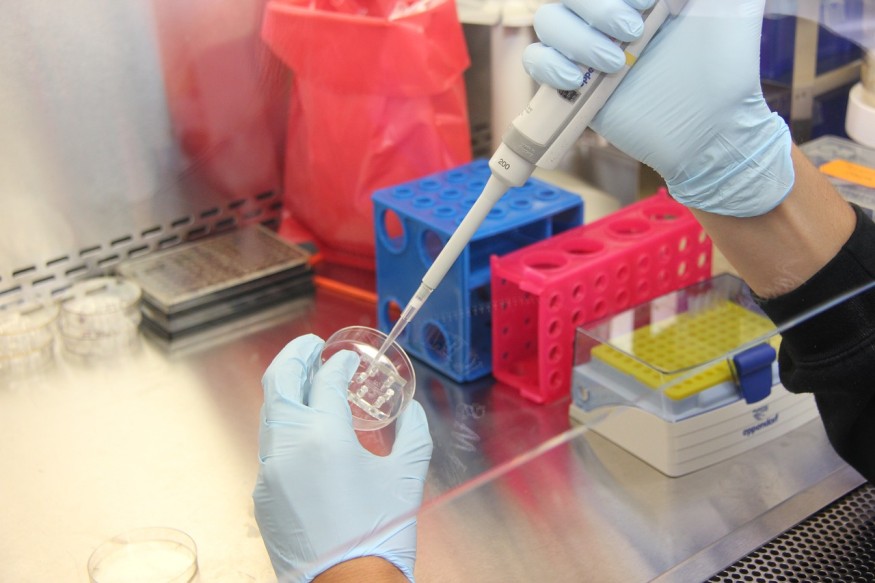
The USFDA or US Food & Drug Administration has authorized remdesivir for emergency use last Friday. The early phase of clinical trials showed that remdesivir, an anti-viral drug, has some preliminary promising results for treating COVID-19 patients.
This USFDA EUA or Emergency Use Authorization will allow healthcare workers to give the anti-viral drug to COVID-19 patients that are exhibiting severe symptoms and are in the critical stages of the disease. This is qualified as patients that register low oxygen levels in their blood or those who require ventilators or oxygen therapy.
In addition to giving the drug to these patients, the USFDA will additionally require that they receive an EUA fact sheet which contains information regarding the coronavirus and remdesivir. The fact sheet contains the symptoms of COVID-19; what remdesivir is; what EUA is; what to say to your health care provider regarding this drug; how to receive remdesivir; the drug's benefits and use; possible side effects; different treatment options; and other pertinent details.
The USFDA is still warning the public about the lack of information about the drug's safety and efficacy. More information is needed. Nonetheless, this week the NIAID or National Institute of Allergy & Infectious Diseases released data from clinical trials showing that the drug enabled a shorter recovery time for some COVID-19 patients.
An issuance of an EUA does not equate to the US FDA approving the drug. However, doctors are now allowed to administer it to COVID-19 patients while it is concurrently undergoing further study. This is due to the fact that the regular approval process for drugs usually takes years to finish.
The NIAID clinical trial, which was randomized and controlled, showed promise, although a different study in China that was published in the Lancet did not find any statistical significance in their study on the improvement of patient recovery time. The two studies yielded contradicting results. The smaller study suggested that remdesivir's effects may be nothing more than what a placebo can do.
Meanwhile, Gilead Sciences, the manufacturer of remdesivir, saw its stock rise by 1.7% during trading after hours.
According to the FDA fact sheet on remdesivir, information is limited regarding the known safety levels and effectiveness of the drug in treating hospital COVID-19 patients. Even if it has demonstrated through a clinical trial that it shortens recovery time in certain patients, there are still currently no drugs that are FDA approved to be effective and safe in treating people against the disease.
Meanwhile, the US administration under Trump was harshly scrutinized by researchers and the scientific community when Trump issued an EUA last March for the anti-malarial drugs hydroxychloroquine and chloroquine. The EUA allows doctors to give prescriptions of drugs despite the absence of clinical trials. When the EUA for these two drugs were released, there were still no available clinical trial data. This is in contrast to the situation with remdesivir.
Despite the protests, however, President Donald Trump still continued promoting the antimalarial drugs during press briefings he holds daily, even though he has now largely stopped doing so.
© 2025 NatureWorldNews.com All rights reserved. Do not reproduce without permission.





